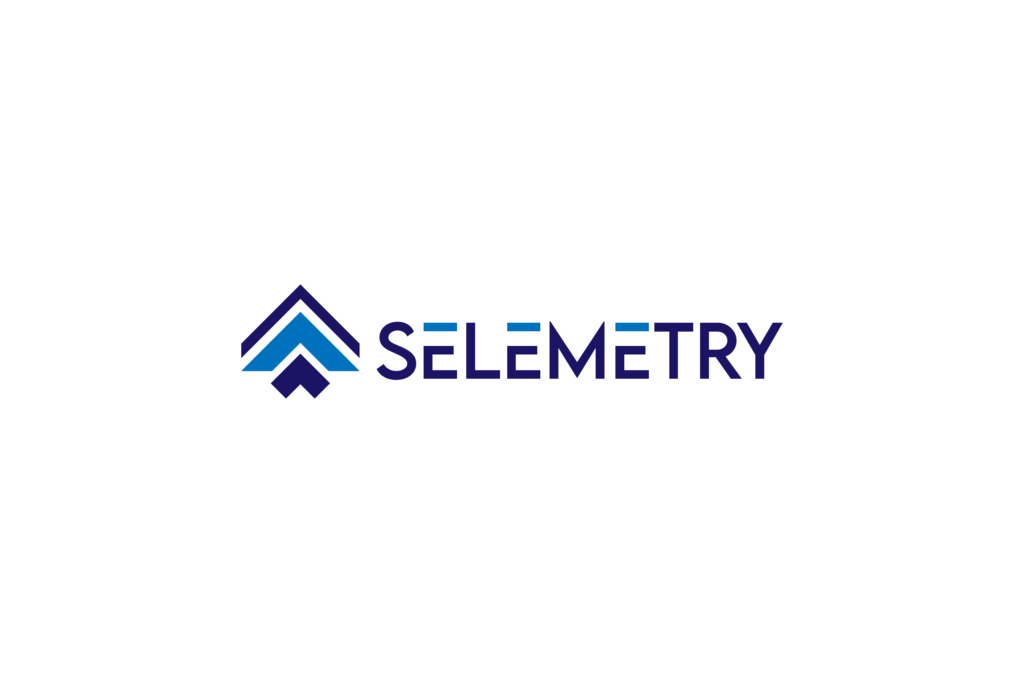For an equipment leasing broker, the business may seem straightforward—connecting businesses with financing to acquire essential equipment. But in reality, the most successful brokers operate in a different business entirely. They aren’t just financing equipment; they are in the business of problem-solving, trust-building, and long-term relationship management. Understanding this shift in perspective can elevate a broker from being a transactional facilitator to an indispensable business partner.
- Trust and Relationships Over Transactions
A broker might assume their job is primarily about arranging leases between customers and lenders. However, the real differentiator is trust. Businesses need confidence that their broker understands their unique needs and is working in their best interest—not just closing a deal.
Building Credibility:
- Transparency: Openly discuss financing options, costs, and any potential pitfalls.
- Consistent Communication: Keep clients updated throughout the leasing process, setting clear expectations.
- Personalized Solutions: Understand the client’s industry, growth plans, and operational needs to recommend the most strategic financing solutions.
Example: A manufacturing company needs to lease CNC machines but has concerns about hidden fees and residuals. A broker who proactively educates them on lease structures, provides a clear cost breakdown, and suggests an optimal financing plan builds credibility. That client is likely to return for future equipment needs and refer others.
- Speed and Simplicity Over Financing
Businesses often turn to leasing because they need equipment quickly and cannot afford the delays of traditional financing. Brokers who believe they are competing on interest rates or approval limits miss the bigger picture: clients value efficiency just as much as cost savings.
Enhancing the Leasing Process:
- Streamlined Approvals: Implement digital applications and pre-qualification tools to reduce wait times.
- Rapid Response: Quickly assess client needs and provide timely feedback.
- Minimal Paperwork: Simplify contracts and documentation to make the process hassle-free.
Example: A construction company needs bulldozers on-site within a week. A broker who has pre-existing lender relationships and an efficient underwriting process can secure approval in 24 hours, ensuring the client avoids costly project delays.
- Expertise and Guidance Over Equipment Costs
Most customers are not leasing experts—they may not fully grasp differences in lease structures, tax advantages, or the financial implications of various terms. The real value of a broker lies in serving as a knowledgeable advisor.
Becoming an Industry Expert:
- Educational Resources: Provide guides, webinars, or calculators to help clients make informed decisions.
- Tailored Advice: Suggest the best lease structures based on the client’s tax situation, cash flow, and future growth.
- Regulatory Awareness: Keep clients informed on changes in leasing regulations that may impact their decisions.
Example: A medical practice is considering leasing diagnostic equipment but is unaware of Section 179 tax benefits. A broker who explains how leasing can provide significant tax deductions becomes a trusted advisor rather than just a service provider.
- Consistent Value Over One-Time Deals
Many brokers assume their job ends once a lease is signed. However, long-term success in this industry comes from ongoing client engagement and value addition beyond the initial transaction.
Fostering Long-Term Relationships:
- Regular Portfolio Reviews: Offer periodic check-ins to assess whether clients’ current leases still meet their needs.
- Industry Insights: Share relevant news, trends, and strategies to help clients optimize their equipment investments.
- Proactive Solutions: Identify opportunities for clients to upgrade equipment, refinance existing leases, or consolidate financing for cost savings.
Example: A trucking company that leased a fleet of trailers two years ago is now expanding. A proactive broker reaches out, suggesting a lease upgrade plan that improves fuel efficiency and reduces operating costs. The client appreciates the forward-thinking approach and chooses to work with the broker again.
Possible Transformation: From Transactional to Strategic Partner
Consider a broker who initially sees themselves as merely arranging leases. Over time, they shift focus to becoming a business consultant, addressing challenges like cash flow, downtime, and equipment obsolescence. They educate clients, anticipate their needs, and provide strategic solutions rather than just financing. The result? Increased client loyalty, repeat business, and a strong referral network.
Final Thoughts
The most successful equipment leasing brokers understand that their real business isn’t just about financing equipment—it’s about solving customer pain points and becoming indispensable to their growth journey. By prioritizing trust, efficiency, expertise, and long-term value, brokers can position themselves as strategic partners rather than just intermediaries. In an industry where relationships matter, those who embrace this mindset will thrive in the long run.
Elevating Your Equipment Leasing Business with Value-Added Services
Photo Credit: Photo by Alena Darmel: https://www.pexels.com/photo/a-couple-looking-at-a-clipped-document-7641825/






